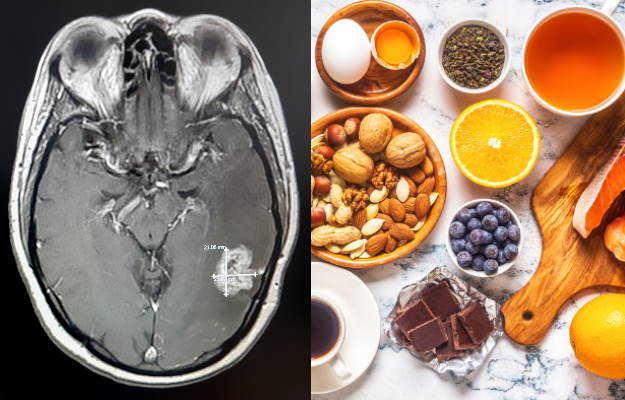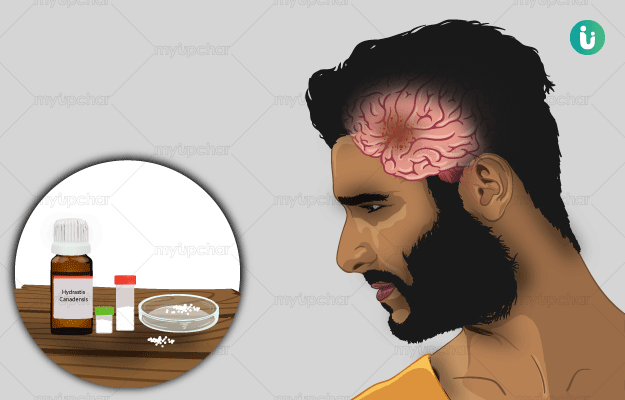A brain tumour patient may experience different symptoms due to the medication or other treatment they are taking. Diet can play a role in managing them. Here's a guide to do just that:
Fatigue
Fatigue is one of the common symptoms of this disease, which can make it tough for the patient to manage the disease by themselves. If you do not have a caretaker, try to make managing food a little easier for yourself. You can do this by preparing a menu in advance, doing the preparation ahead of time, and whenever you feel good, try cooking in bulk so that you have food for a while. Alternatively, you can have healthy ready-to-eat homemade snacks such as energy bar, laddu, dried fruits, seeds trail mix, peanut brittle (chikki/ gajjak), etc. You should ask your nutritionist about nutritional shakes. These can be the easiest way to address your nutritional requirements if you're suffering from severe fatigue.
Vomiting
Eating right is important to avoid nausea and vomiting during this disease. Try to take small, light and frequent meals. Ginger or peppermint tea may help resolve symptoms. Eat simple foods such as rice, scrambled eggs, toast, bananas, mashed potatoes, and custard to keep nausea and vomiting at bay. Allow plenty of fresh air in the house and try to disperse the cooking odours. Avoid taking cream soups, fatty/fried foods, desserts, and avoid lying down immediately after eating as all this can trigger vomiting.
(Read more: How to stop nausea and vomiting)
Constipation
Fibre-rich foods help with constipation, which is very common during this problem. Always try to add seasonal and fresh fruits and vegetables to your diet. Millets should be an essential part of your diet. You can have finger millet, pearl millet, sorghum instead of plain wheat flour. To help have a good bowel movement, you can have 1 teaspoon of psyllium husk with 1 glass of warm milk at bedtime.
Dehydration
Due to medications and other treatment, dehydration is commonly seen in brain tumour patients. Adequate fluid intake is, therefore essential. You can have coconut water, fruit juices, or buttermilk as they are easy to digest and are loaded with electrolytes and vital nutrients. Otherwise, try to drink 10-12 glasses of water daily.
(Read more: How much water to drink in a day)
Taste changes
Some people experience a complete loss of taste, while others report unpleasant tastes such as a bitter or metallic taste. Yet others have reported increased sensitivity to certain flavours, such as finding sweet foods intensely sweet. If you’re finding sweet foods overwhelming, try sticking to savoury snacks like chips, salted nuts, or cheese and crackers. Similarly, if you're finding salty foods unpleasant, add more sweet foods to your diet.
Memory loss
Memory loss is a common symptom of a brain tumour. There is evidence showing that adding a few nutrients in your diet - such as omega 3 fatty acids, vitamin K, lutein, folate, beta carotene and flavonoid - can be helpful. To add these nutrients to your diet, take walnuts, flax seeds, green leafy vegetables, red and yellow fruits and vegetables, and dark chocolate regularly.
(Read more: How to improve your memory)























